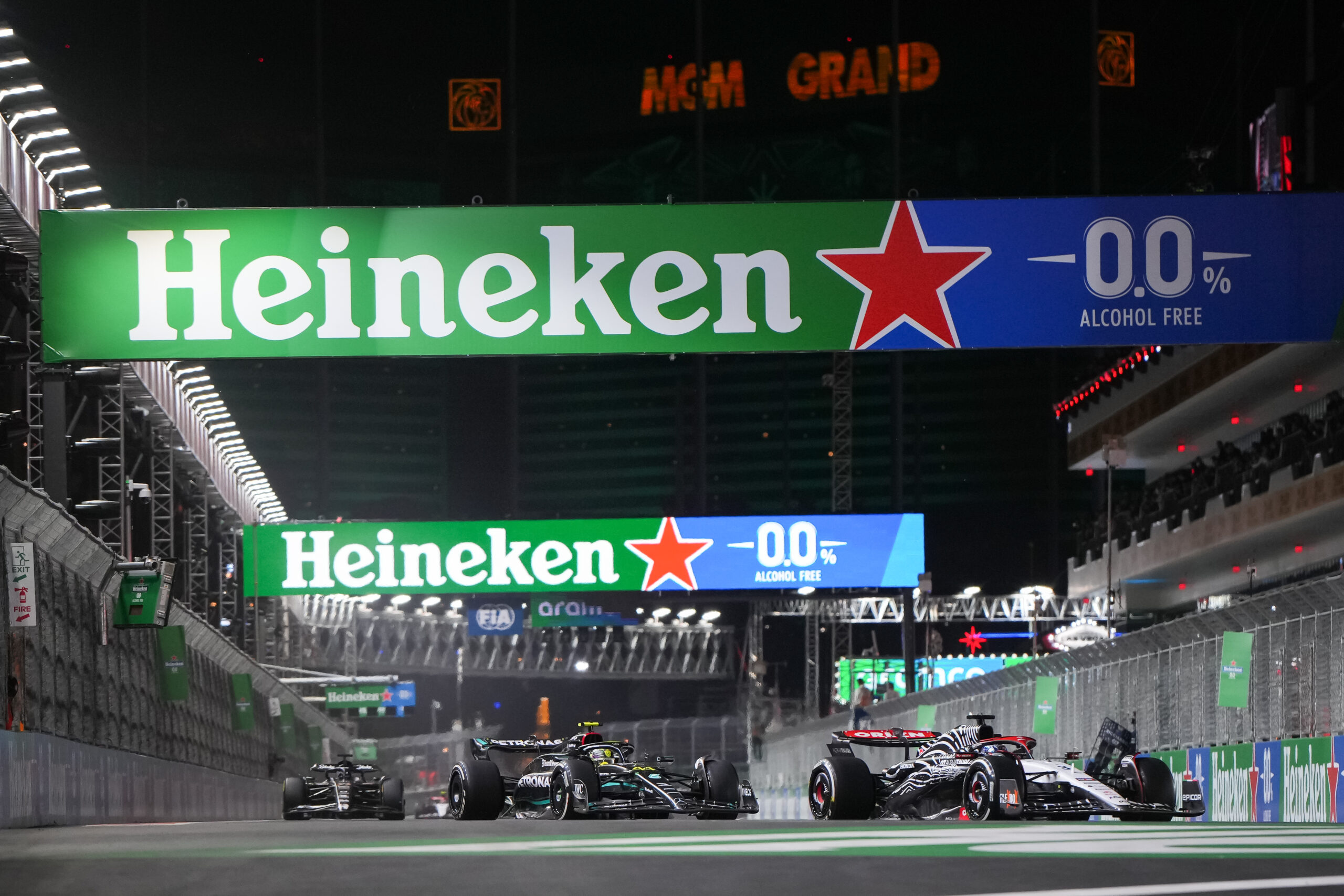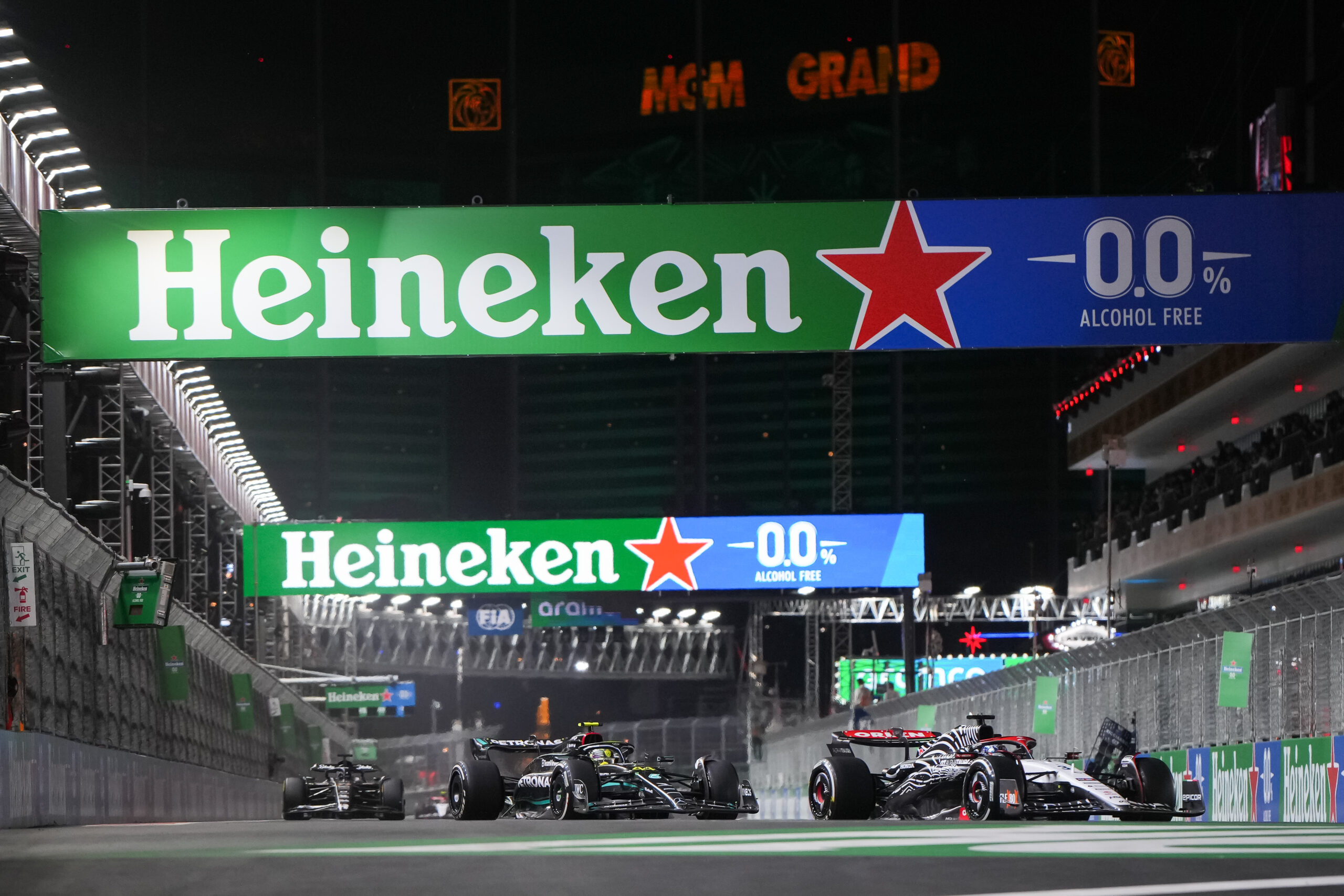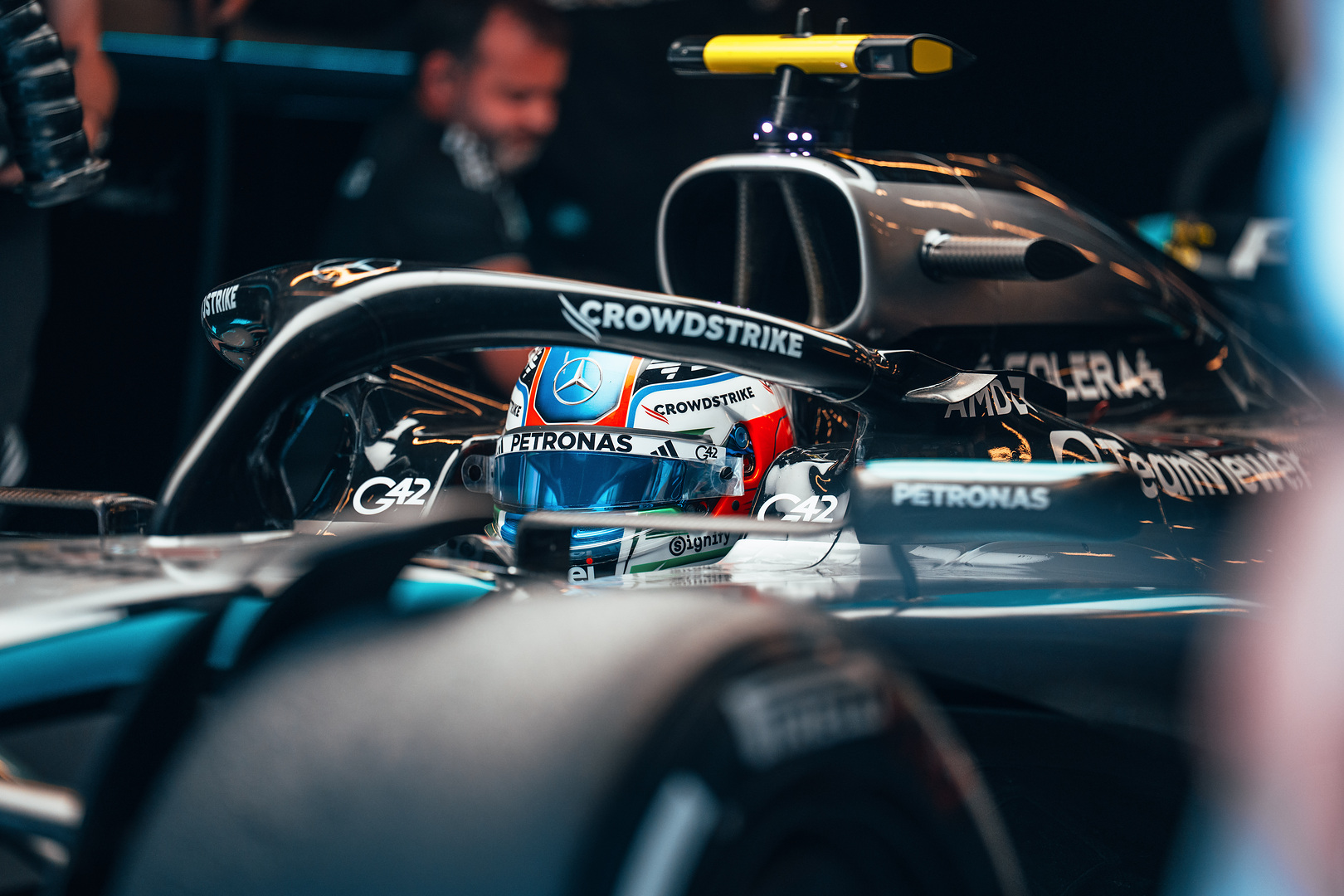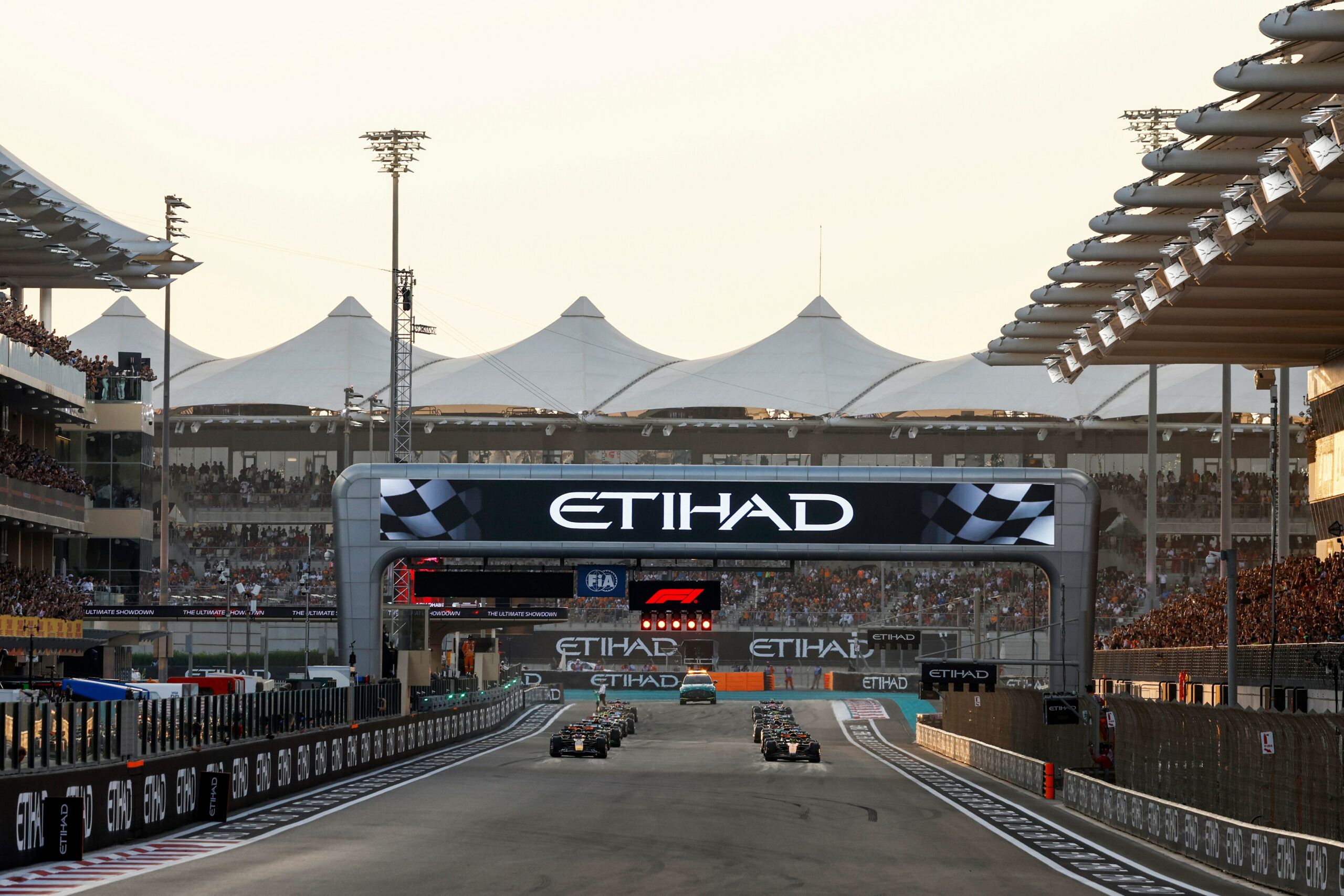As the chequered flag prepares to wave on the 2023 Formula 1 season, the fourth and final meeting of the Formula 1 Commission was held today at the Yas Marina Circuit.

Chaired by the FIA Single-Seater Director Nikolas Tombazis and Formula 1 President and CEO Stefano Domeniali, the gathering marked the grand finale of Formula 1 in 2023, ahead of the Abu Dhabi Grand Prix this coming Sunday.
As the teams gear up for the season-closer, the Commission discussed a range of topics that promise to reshape the future of the sport.
From sprint race updates and wet weather strategies to driver cooling innovations, and regulatory adjustments, the discussions will dictate the coming season, in 2024.
2024 Sprint Format UnveiledThe Commission has expressed its overall support for a revamped Sprint Format in 2024.
Their goal? To streamline the weekend, “separating Sprint activities from those for the Grand Prix” itself. Specific details of this change, including timing and parc fermé regulations, are in the hands of the Sporting Advisory Committee.
The final calendar for the 2024 Sprint events is to be released in the coming weeks.
Wet Weather and Spray-Reduction TestsThe Commission has confirmed a further spray-reduction test in the spring of 2024.
A cover design enveloping the tyre will create a “proof of concept for the wheel cover with these cars” and define the landscape of wet-weather racing.
Tyre StrategyIn a move aimed at cooling tyre temperatures, the Commission agreed to focus on developing future tyres with an emphasis on reducing overheating issues.
The decision to retain tyre blankets for 2025 signals the FIA’s emphasis on driver safety. After a trial of an Alternative Tyre Allocation throughout this season, the Commission decided to stick with the standard 13 sets of dry tires for the 2024 season.
Driver CoolingAfter the drivers experienced the scorching temperatures of the Qatar Grand Prix and Logan Sargeant was forced to retire because he became so unwell, the Commission has given the green light for modifications in next year’s Technical Regulations.
These will allow “a scoop to increase driver cooling to be fitted to the car” alongside additional analysis of cooling options for extreme weather conditions during a race weekend.
Updates to Technical and Sporting RegulationsThe Commission, mindful of driver safety, has approved a safety-related update to the Technical Regulations, “mitigating the danger created by metallic components in the (car) floor, should they become detached, by limiting their mass and number.”
Minor updates to the 2024 Technical and Sporting Regulations also received the nod from the Commission, ensuring that small changes within the rulebook are updated for the coming season.
Financial Regulations and Sustainability Initiative CostsFurther refinements were approved by the Commission to exclude Sustainability Initiative Costs from the Financial Regulations. Teams can breathe a sigh of relief as costs related to sustainability objectives and strategies are now outside the budget cap.
“This specifically refers to costs that are attributable to defining and identifying sustainability objectives and the strategy envisaged to achieve these objectives, and the monitoring, collation and production of reports to measure progress against carbon footprint and emissions targets and overall ESG sustainability objectives.”
Development of the 2026 F1 carThe Commission put the brakes on early car development for the 2026 season. An agreement was reached to restrict teams from starting developmental work “before the start of 2025.”
This move hopes to level the playing field for the future chapters in F1 history.





